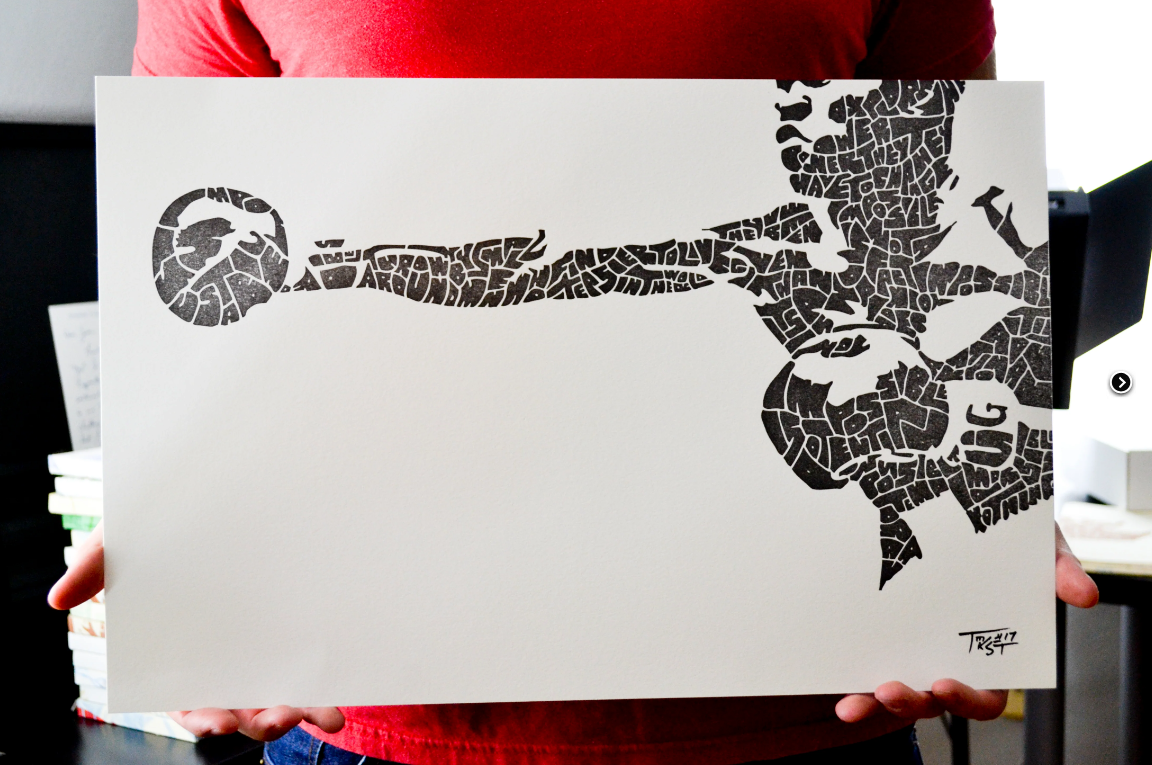
Float Like a Butterfly, Sting Like a Bee
The famous quote "float like a butterfly, sting like a bee" is a phrase that has become synonymous with the legendary boxer Muhammad Ali. Originating from Ali's description of his fighting style, this quote has become a cultural touchstone and one of the most recognizable quotes in popular culture. Its impact can still be seen and felt today, decades after Ali's rise to fame. Let’s dive into the origin, interpretation, cultural significance, and ongoing relevance of the quote!
Where the Famous Quote Came From
Back in the 1960s and 70s, Muhammad Ali was a pop culture and sports icon due to revolutionizing the sport of boxing and becoming one of the most recognizable figures in the world. Prior to a championship bout with Sonny Liston, he uttered the famous phrase and the rest, as they say, is history. Ali was known for his quick and graceful movements in the ring, as well as his powerful punches. He used the quote to describe his unique fighting style and to set himself apart from other boxers.
By emphasizing his ability to move gracefully in the ring, while still delivering punishing blows to his opponents, he was able to convey that his style was not just about brute strength, but also about agility, coordination, and strategic thinking. The Metaphor “Float like a butterfly, sting like a bee,” is often received as a metaphor for the beautiful pairing of grace and power. The "float like a butterfly" part of the phrase represents the grace and agility of the boxer, while the "sting like a bee" part represents the power and impact of their punches. This metaphor perfectly captures Ali's fighting style and the balance between finesse and force that he brought to the ring. Compared to other boxers of his era (and many debate across generations), his style was unique and devastatingly effective, with some sports historians crowning him as the greatest boxer of all time.
The Cultural Significance
Muhammad Ali was more than just a boxer, he was also a political and social activist. He used his platform and celebrity status to speak out on issues of racial and social justice. As a vocal opponent of the Vietnam War, he was widely recognized as a symbol of resistance and change. Athletes in various sports have used the quote to describe their own unique styles and to pay homage to Ali's legacy. It has also been used in the business world to describe a delicate yet effective approach to problem-solving. The cultural impact of Muhammad Ali and the quote "float like a butterfly, sting like a bee" can be seen in popular music, movies, and media. Ali's life and career have been the subject of numerous biographies, documentaries, and feature films.
The quote has been referenced in songs, TV shows, and advertisements, further solidifying its place in popular culture. The Legacy and Relevance Today Over the years, the quote "float like a butterfly, sting like a bee" has remained popular and relevant, reflecting Muhammad Ali's lasting impact on the world of sports and beyond. The quote continues to inspire athletes, entrepreneurs, and anyone seeking to strike a balance between grace and power in their own lives.
Ali's impact on the world of sports and beyond will continues to inspire future generations. His story serves as a reminder of the power of determination, perseverance, and standing up for what is right, even in the face of adversity. He will always be remembered as one of the greatest boxers of all time, as well as a trailblazer who used his platform to bring attention to important social and political issues. The quote "float like a butterfly, sting like a bee" perfectly captures the essence of Muhammad Ali's fighting style and has become a symbol of his life and legacy. That impact inspired this piece, Bee.

